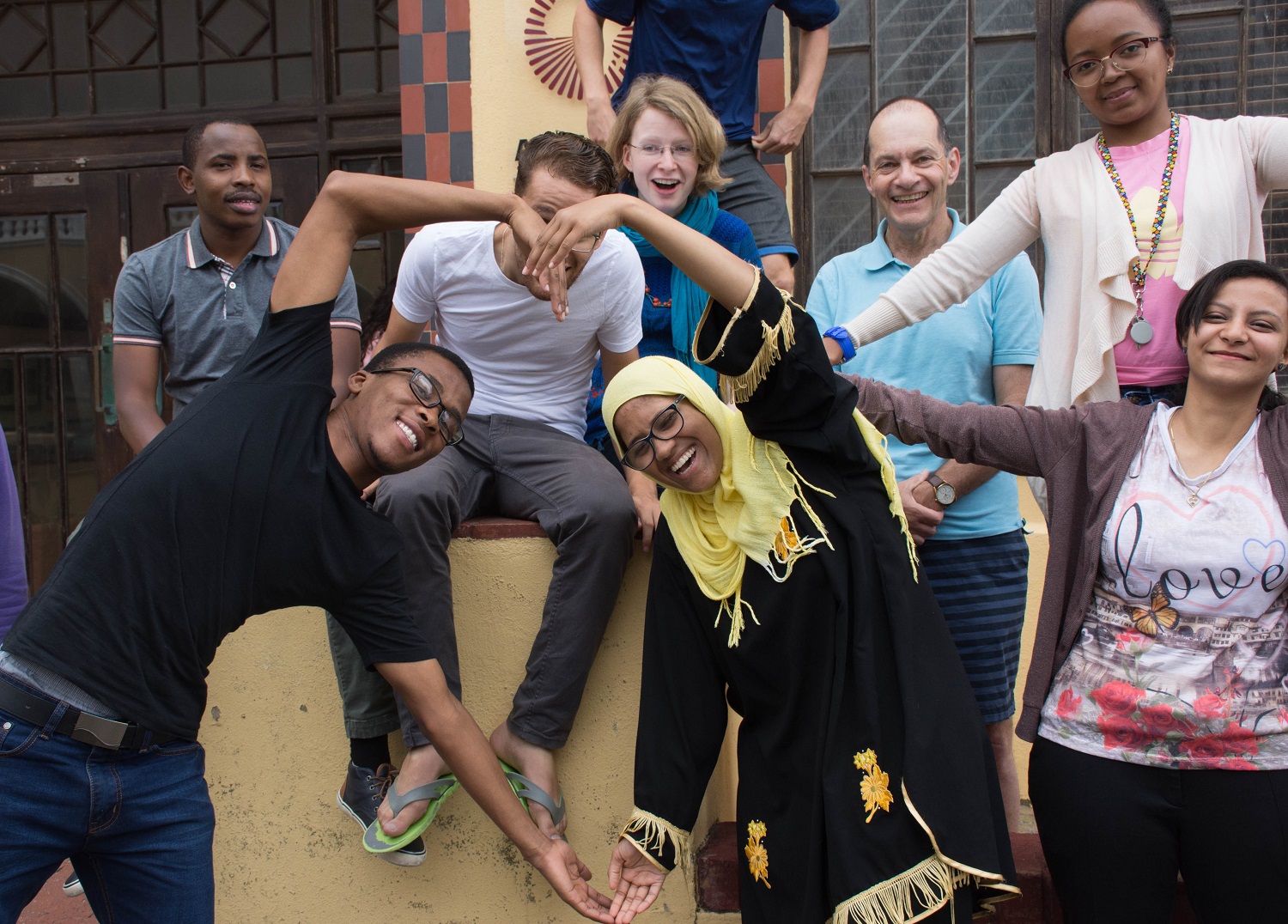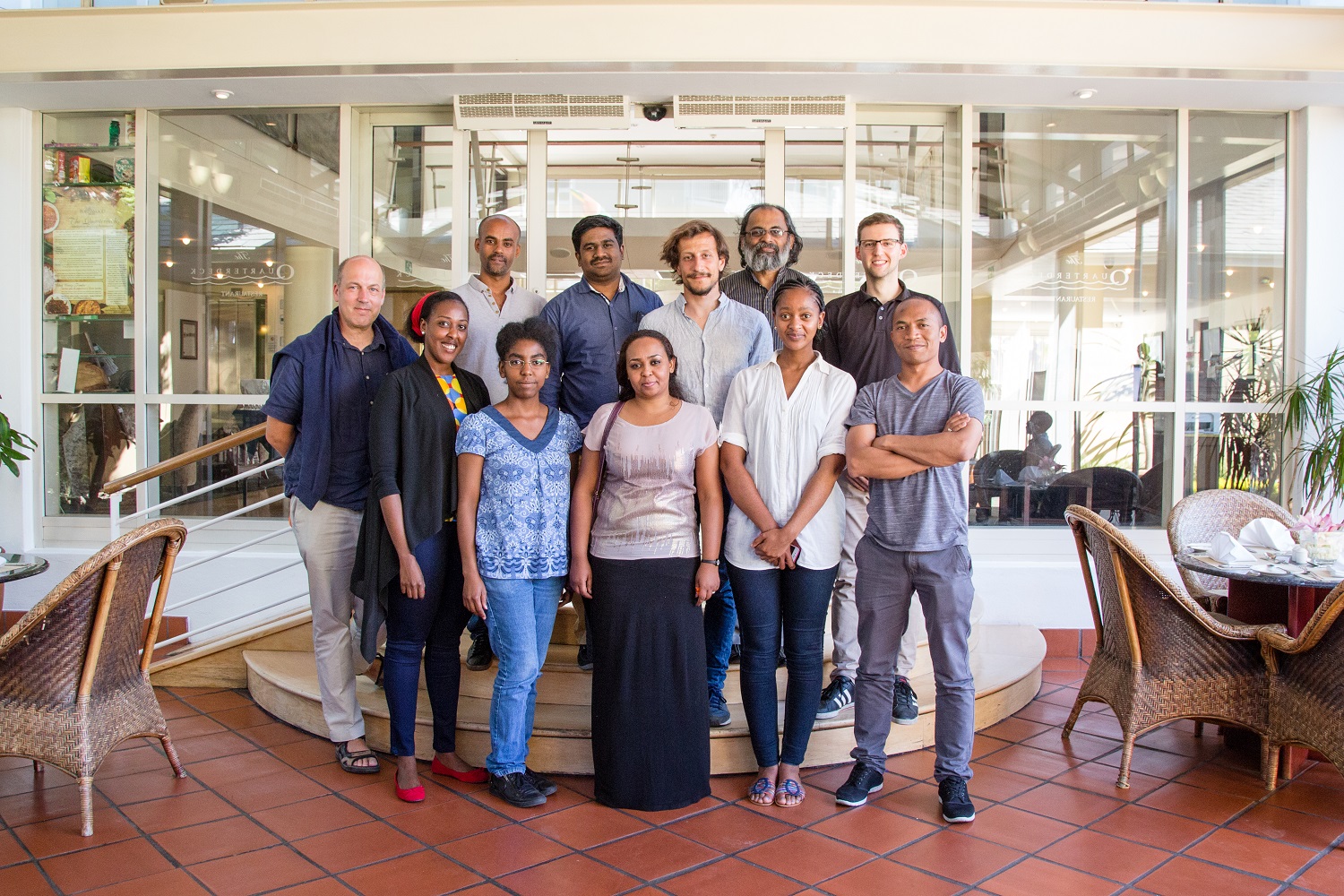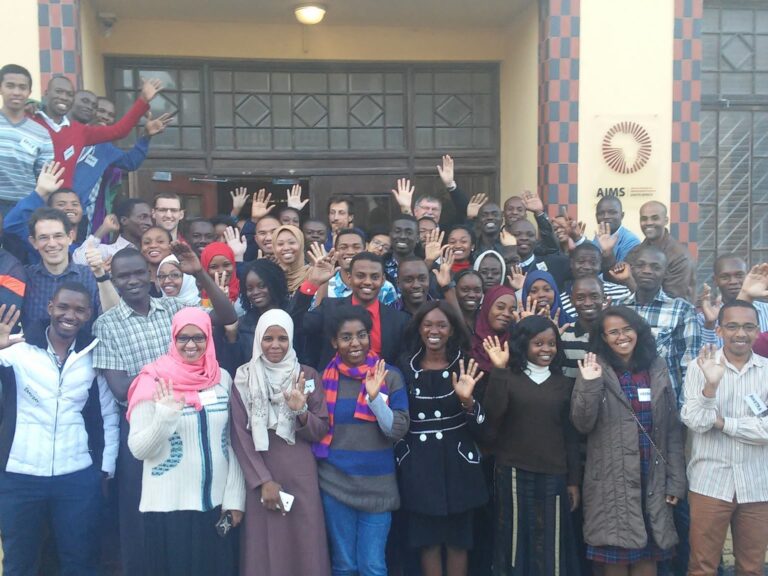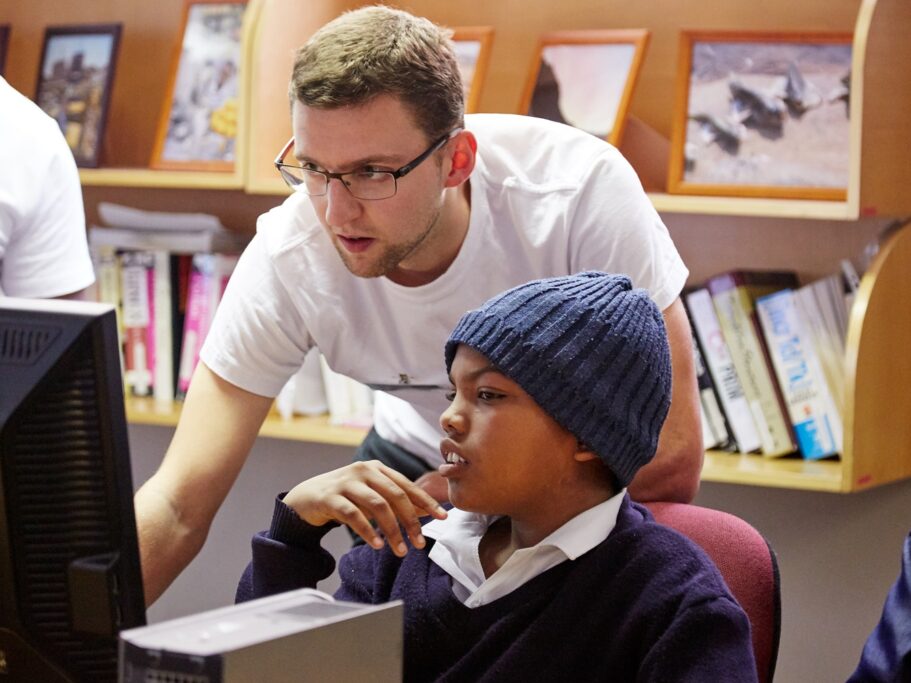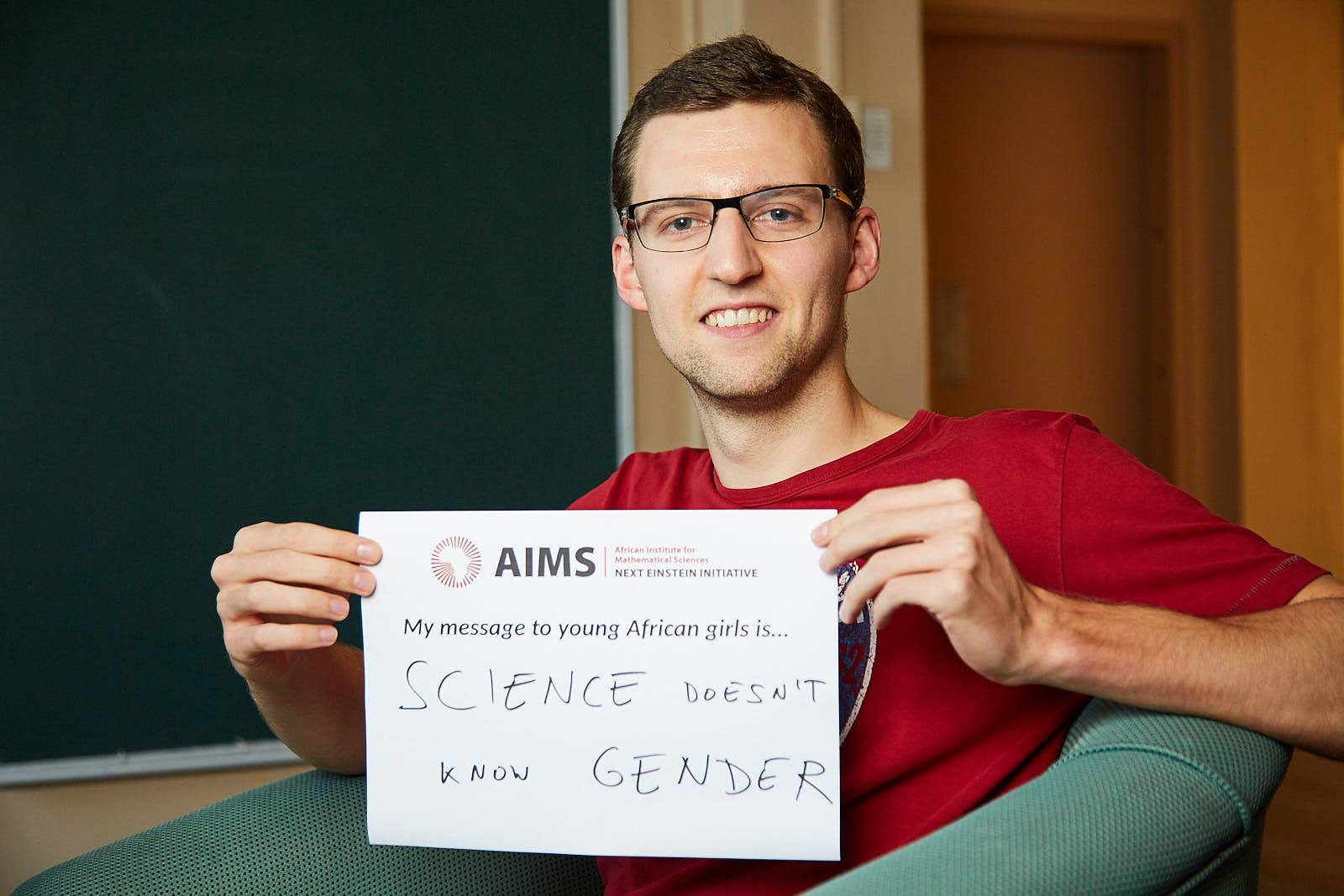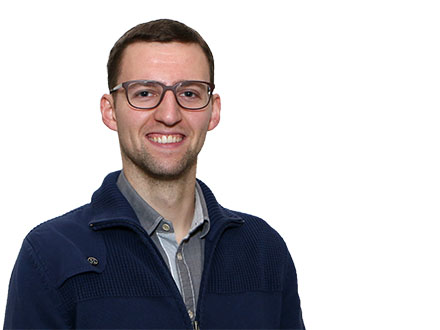“The next Einstein will be African”, says Neil Turok, before pointing out that currently, Africa doesn’t even exist in the world of science yet. To put the continent on the scientific map, he founded the African Institute for Mathematical Sciences in 2003, whose acronym AIMS matches Neil’s lofty goals.
A professor for Theoretical Physics at Cambridge at the time, he quickly got backing from world-renowned mathematicians and physicists who pledged their support and agreed to be part of the ambitious project – and continue to do so to this day. A mere 16 years later, the AIMS network has spread across Africa and now consists of six campuses, where talented students hailing from Morocco to Madagascar are invited to a fully-funded one-year graduate course in Mathematics.


